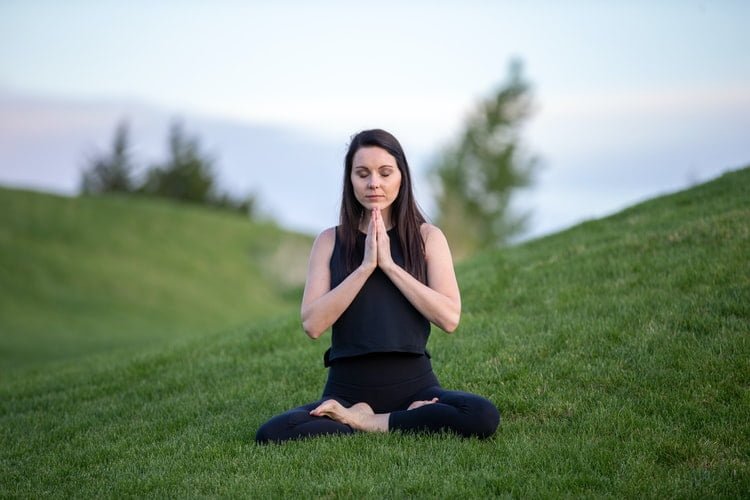BPH, or enlarged prostate, can affect your ability to urinate. According to the National Institutes of Health, most men develop BPH after the age of 50.
The American Urological Association (AUA) states that frequent urination is the most common symptom of BPH. Depending on the severity of BPH, men may need to urinate every one to two hours. Other symptoms include incomplete bladder emptying, leaking, and frequent or urgent urination.

This last symptom can cause stress in many men, as frequent bathroom breaks can disrupt their work and social lives. Not surprisingly, a July 2020 Journal of Endourology study found that men’s anxiety increased as their BPH symptoms worsened.
A urologist at Cleveland Clinic’s Glickman Urological and Kidney Institute in Ohio, Petar Bajic, MD, says stress doesn’t necessarily enlarge the prostate, but it can affect the way men urinate.
It’s important to take these issues seriously and to have a very deliberate approach to stress relief and managing difficult emotions, he adds.
Stress may also worsen BPH symptoms, according to Harvard Medical School. Although the exact link between stress and BPH is unknown, it is possible that stress can alter hormone levels, leading to prostate enlargement.
So, managing stress is critical as you age, especially if you have BPH.
Stress Management for BPH
There are several things you can do to help manage BPH and reduce overall stress.
Dr. Bajic suggests the following behavioral changes to help manage BPH symptoms:
- Preventive bladder health care. While not everyone with BPH needs treatment, it’s important to see your doctor regularly to stay as healthy as possible. “If a man suspects he has prostate enlargement, he should see a specialist,” Bajic advises. A primary care physician or a urologist. Once your symptoms are under control, annual checkups are likely.
- Develop good habits. Several daily habits can help men with BPH. Bajic suggests avoiding fluids within a few hours of bedtime, avoiding caffeine, and not holding your urine too long.
These techniques can also help reduce overall stress, he adds.
- Lean on your friends. You are not alone. Speak to a support group, such as your partner, friends, or a licensed therapist about your stress, Bajic advises.
- Get up. Exercise relieves stress. Routine aerobic exercise can help reduce tension, improve sleep, and improve mood. Even five minutes of exercise can help reduce anxiety.
- Investigate medit Meditation and yoga have been shown to reduce stress. According to a June 2019 American Journal of Pharmaceutical Education article, college students who completed a six-week yoga and guided meditation program before final exams felt less anxious and stressed.
- Have a restful night’s sleep. Consistently get six hours of sleep per night. Also, avoid blue light from device screens an hour before bedtime.
Stress Less
Don’t worry if these tips don’t work. If lifestyle changes aren’t enough, Bajic says medication and minimally invasive surgical procedures are effective options.
“Talk to a urologist who has experience treating BPH to make sure you understand all of the treatment options,” he advises. “You can then make an informed decision about the best approach.”

